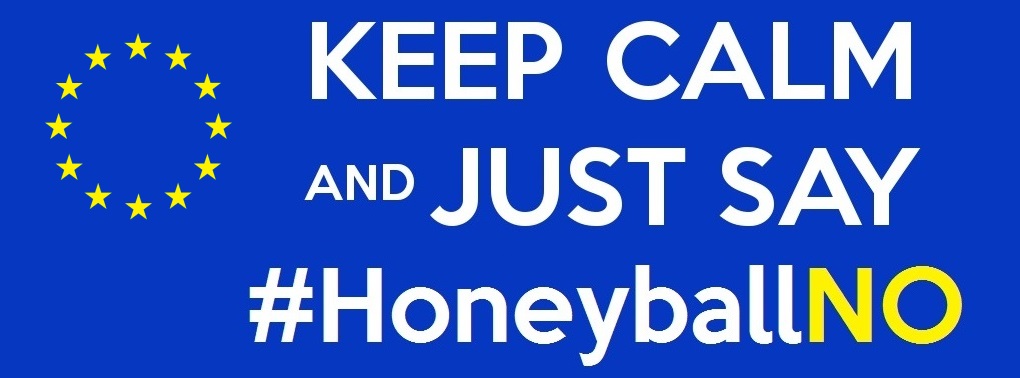549 NGOs and over 50 academics reject report by Mary Honeyball
554 NGOs, including 466 based in Europe, have asked the members of the European Parliament to reject a “Report on Prostitution and Sexual Exploitation and its Impact on Gender Equality”, written by Mary Honeyball, MEP for London. They were joined by over 50 academics and researchers from Europe, North America, and the Asia-Pacific, who published a letter and a critical review of Mary Honeyball’s report, which will be voted upon during a plenary session on the 27th of February 2014 at the European Parliament. The report recommends member states to adopt the so-called “Swedish Model”, which criminalises buying sexual services, whereas selling them remains legal (but very often criminalised in practice).
Academics criticise use of biased, inaccurate and disproven data
Responding to an initiative by the International Committee on the Rights of Sex Workers in Europe (ICRSE), the letter and critical review, signed by over 50 academics and researchers, contradicts Mary Honeyball’s claim, made in a recent interview on LBC Radio, that her report had “a good basis of evidence and facts”.
The letter states, “We are concerned that this report is not of an acceptable standard on which to base a vote that would have such a serious, and potentially dangerous, impact on already marginalised populations.” It continues, “The report by Ms Honeyball fails to address the problems and harms that can surround sex work and instead produces biased, inaccurate and disproven data. We believe that policies should be based on sound evidence and thus hope that you will vote against the motion to criminalise sex workers’ clients.”
The critical review attests to Mary Honeyball’s “selection biases and crude misassumptions” and finds that she “substantively misinterpreted” two of her sources, namely a report commissioned by the City of Amsterdam and the Dutch Ministry of Security and Justice and another by the German Ministry of Family Affairs, Senior Citizens, Women and Youth.
The letter concludes, “To base any policy on such a methodologically flawed document, particularly one which would have such a detrimental impact on the human rights and wellbeing of a large number of marginalised individuals, would be setting a dangerous precedent.”
Click here to view or download the letter and counter-report.
NGOs denounce conflation of sex work and human trafficking
The letter endorsed by 549 NGOs, among them many organisations working with victims of human trafficking and migrant sex workers, denounces Mary Honeyball’s report for its conflation of sex work and trafficking. Citing a 2013 report by the Dutch National Rapporteur on Human Trafficking in Human Beings, the authors remind the MEPs that “there is no evidence that legalised prostitution increases trafficking”.
The letter continues, “A large number of HIV and health organisations have warned policy makers of the dangers of criminalising either sex workers or their clients. Worryingly, the question of public health is largely ignored in this report. We quote UNAIDS Advisory Group on HIV and Sex Work in their 2011 report to accompany the UNAIDS Guidance Note on HIV and Sex Work (2009): ‘States should move away from criminalising sex work or activities associated with it . Decriminalisation of sex work should include removing criminal penalties for purchase and sale of sex, management of sex workers and brothels, and other activities related to sex work.’”

